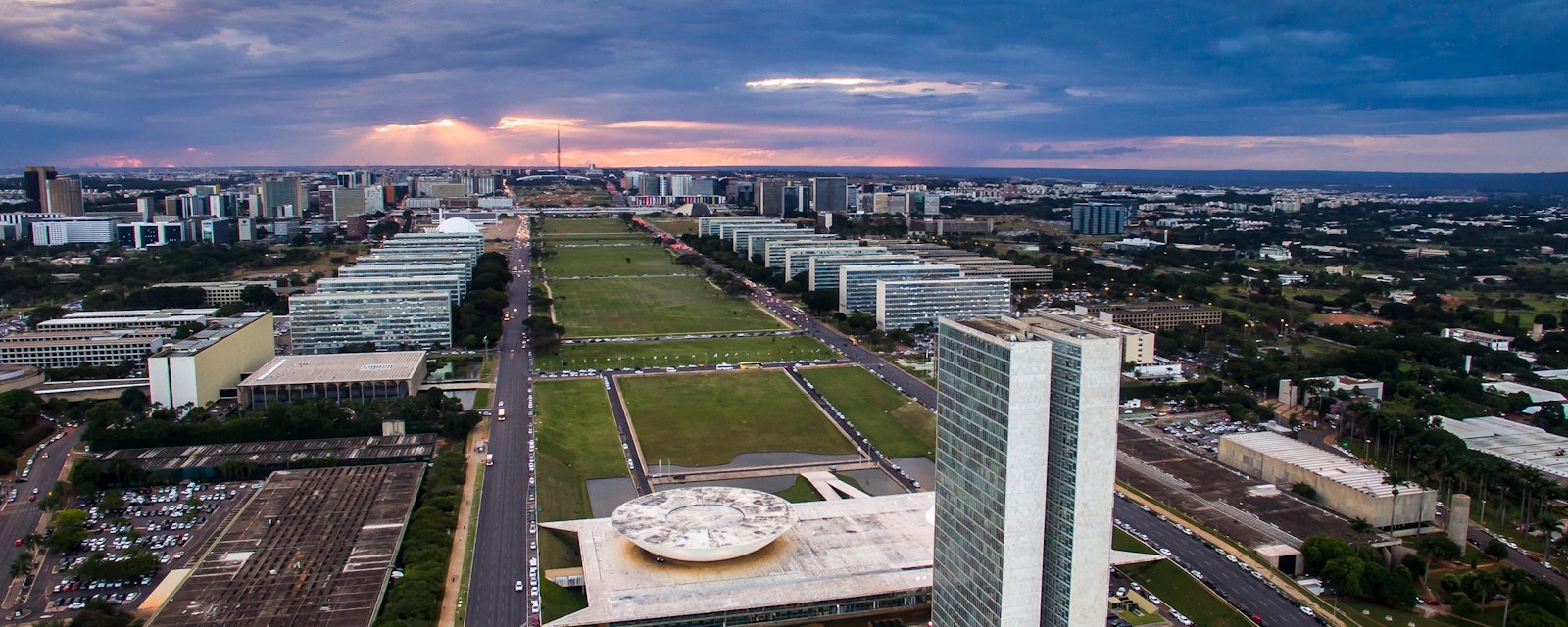President-elect Luiz Inacio Lula da Silva has been successful at signaling that his government will respect the broad-based coalition of political forces that supported his election.
He has appointed VP-elect Geraldo Alckmin, a former presidential contender and centrist politician who migrated from historical PT-nemesis PSDB to the socialists (PSB), to head the transition team. He has supported Alckmin in picking two orthodox economists, Persio Arida and Lara Resende, to join the transition team. He has welcomed former first-round contender Simone Tebet to lead the team in the pivotal area of social policy. Internationally renowned former environment minister Marina Silva will accompany him to COP 27 next week and is likely to be the first minister to be confirmed in the new government.
The most significant challenge is, of course, economic. The choice of finance minister could go some way to dispelling fears of unbridled overspending and too big a role of the state in the economy. However, the pressing issue for the president-elect precedes his inauguration on 1 January 2023. It refers to next year’s budget which has to be negotiated as soon as possible in order to avoid too much havoc right from the outset of his government. In principle, the negotiation should be difficult since the president needs to negotiate with former Bolsonaro ally, House Speaker Arthur Lira, in the presence of a fragmented congress that on paper has a conservative majority in both chambers. However, the devil will be in the details.
Lira, as the so-called Big Center of which he has become the most active leading figure during the Bolsonaro years, is a pragmatist. He knows what he wants for the next legislature and proved to be open to negotiation with Lula by being the first authority to congratulate the former president for his victory on election day. The two met yesterday, 9 November, for close to two hours and allegedly had constructive talks. The trade-off is very clear. Lira wants to be re-elected as House Speaker. Lula wants to negotiate a waiver that would free BRL 150-200bn (USD 30-40bn) from the official spending cap to fulfill social spending campaign promises in 2023.
There is a false dilemma that could, but should not, throw sand in the negotiating wheels. It refers to whether the future government will opt for an executive order instead of a constitutional amendment to achieve its objectives. In opting for the former, the logic goes, Lula would preserve his government and not have to play into the hands of Lira who, in addition to securing his election in the House, would also fight to keep the so-called “secret budget” - the artifice the Big Center found to carve out public funds for discretionary use in exchange for support of the Bolsonaro administration. The fact is, however, that executive orders must be approved regardless and a House without a friendly Lira may be too high a price to pay, particularly as the government takes off.
Lula should therefore agree not to oppose Lira’s re-election and Lira should reciprocate by accepting the spending cap waiver alongside greater transparency in the recourse to the secret budget.





